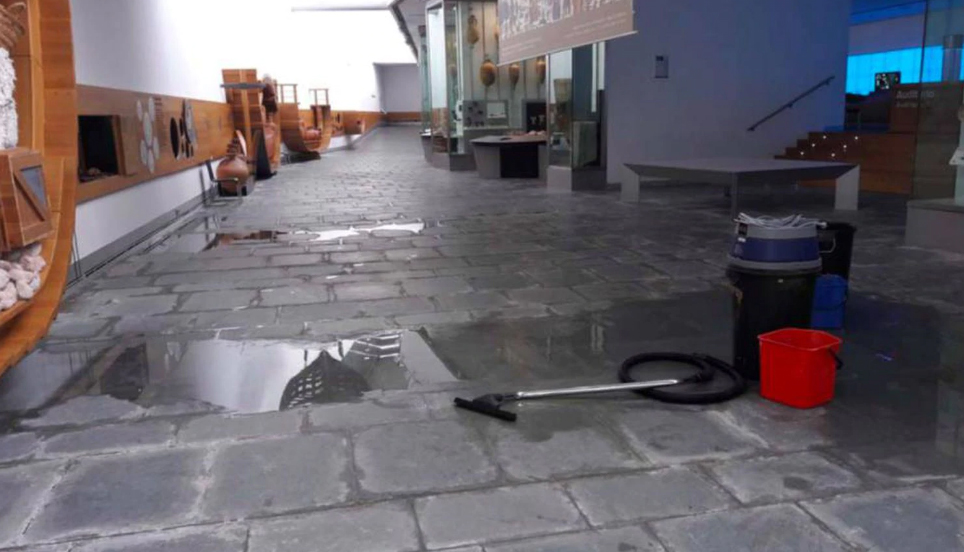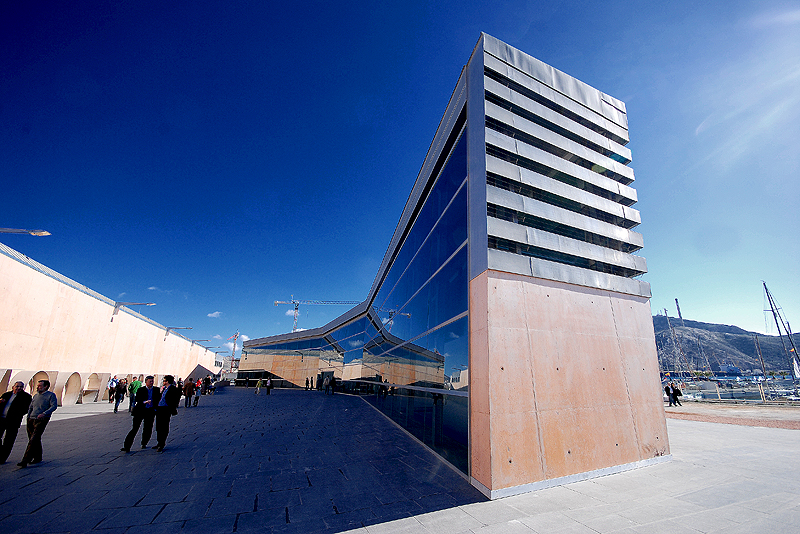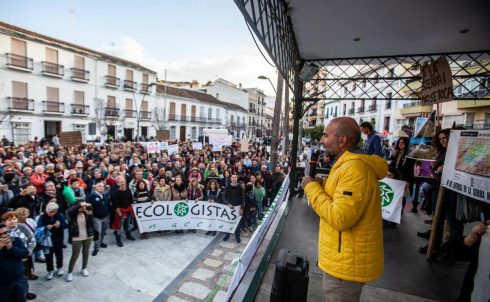THE Arqua Museum in Cartagena is to close for up to six months after
constant water leaks have put the building’s priceless exhibits at risk.
A report from Spain’s Culture Ministry has uncovered numerous flaws in
the buildings fabric and has warned that if no action is to be taken,
the building is in danger of ‘collapse’.
The report was requested after the museum has been experiencing a severe
damp problem and very high humidity.
During bad weather, water was also entering the building and pooling on
the floors, supposedly caused by a blocked drainage system shortly after
opening.
The museum is located in Cartagena’s famous port area, and is
constructed using reclaimed land from the Mediterranean, meaning that
the exhibition rooms are located four metres below sea level.
In the original plans, a transparent floor was intended to showcase the
ocean below, however it was scrapped the current floor design and
construction is being compromised from the enormous pressure from the
ocean.

One of the most important faults was revealed to be a 1.5 metre thick
concrete supporting wall was made with joints instead of in a single
block, causing water to seep through the cracks.
Arqua was designed by leading Spanish architect Guillermo Vazquez
Consuegra and cost a whopping €20.3 million to build.
The museum currently holds some of Spain’s most valuable historical
artefacts such as 600,000 coins from the Nuestra Señora de Las Mercedes,
a Spanish ship that sunk in the early 19th century, and the oldest known
vessel to be found, a Phoenician ship dating back to the 7th century BC.
Carmen Jimenez, the deputy director general of Spain’s national museums
has played down the claims, explaining that constant maintenance work
has been carried out over a number of years to the building and
currently there are no signs of damage to any of the exhibits.
A date has not yet been announced for the closure but the repairs are
expected to reach over €280,000.








